
Biography
Dr Raluca L. Pahontu is a Lecturer in Political Behaviour in the Department of Political Economy at King’s College London. Raluca is also an Associate Member at Nuffield College and a Centre Affiliate at the US Centre at LSE.
Before joining King’s, Raluca worked as a postdoc at LSE. Raluca earned a DPhil in Political Science from Nuffield College, University of Oxford.
You can find out more about Raluca and her research at https://ralucapahontu.com/
Research interests
- Political economy
- Political behaviour
- Quantitative methods
Teaching
- Statistics for Political Science II
- Comparing Political Systems
PhD supervision
Raluca is interested in supervising PhD students who use quantitative methods in the study of political economy and political behaviour.
Research

Quantitative Political Economy Research Group
The Quantitative Political Economy research group gathers economists and political scientists that are committed to bridging the two disciplines. The common ground is the study politics and policies with advanced quantitative methods and formal modeling.
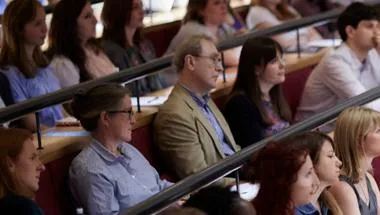
Comparative Politics Research Group
The Comparative Politics research group hosts a research agenda based on political institutions, representation and regimes.

Environment and Public Policy
The Environment and Public Policy Group

History and Political Economy Research Group
The History and Political Economy Research Group at King's College London
News
Does exposure to natural disasters change the way people vote?
Exposure to natural disasters has a significant effect on the political choices of the public in the United States as voters become driven by material...
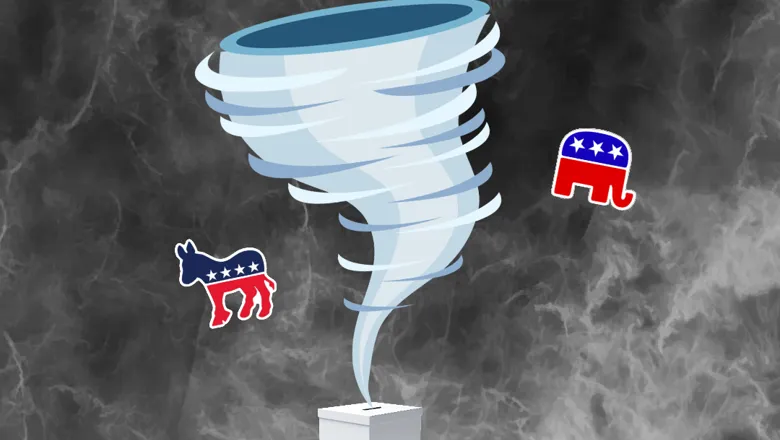
Do first impressions matter in politics?
It’s often said that first impressions are important.

Study maps impact of health shocks on political preferences
Malnutrition before birth or in a child’s early years can have significant and long-terms effects on their health and employment outcomes but does it also...

Study finds wealthy 'more likely to have voted for Brexit'
Wealthier voters were more likely to have voted for Brexit than those of lesser means, according to a new study.
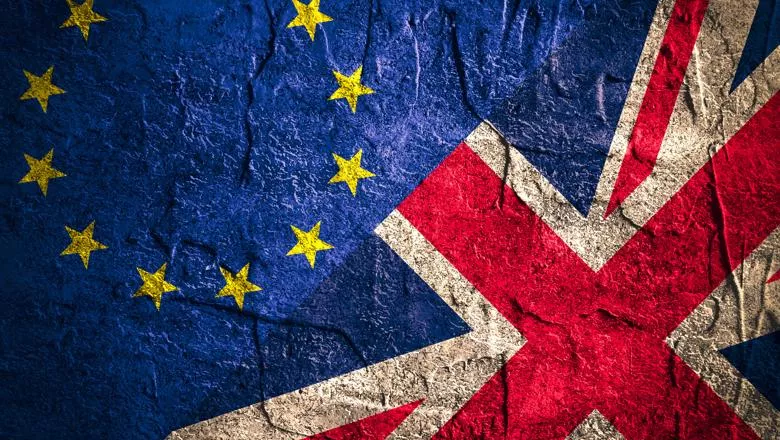
Outstanding contributions celebrated at annual awards
Merriment and excitement filled the air as the School of Politics and Economics Awards ceremony and the end-of-year drinks took place.
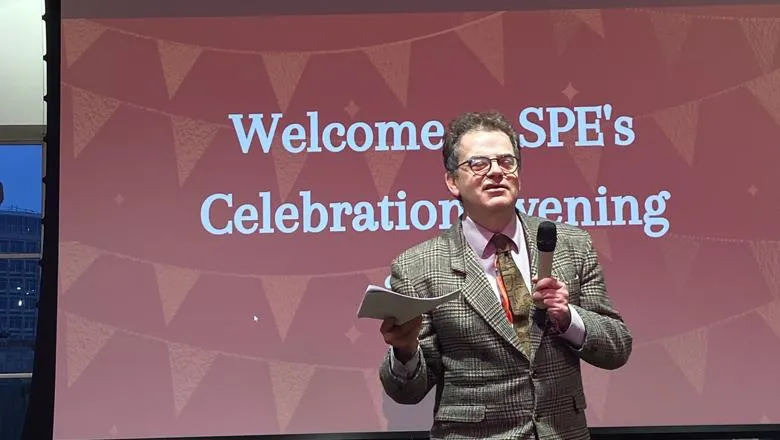
Pandemic 'did not influence public attitude to health spending'
The COVID-19 pandemic did not influence the public’s attitude towards health spending in the UK, according to a new study.
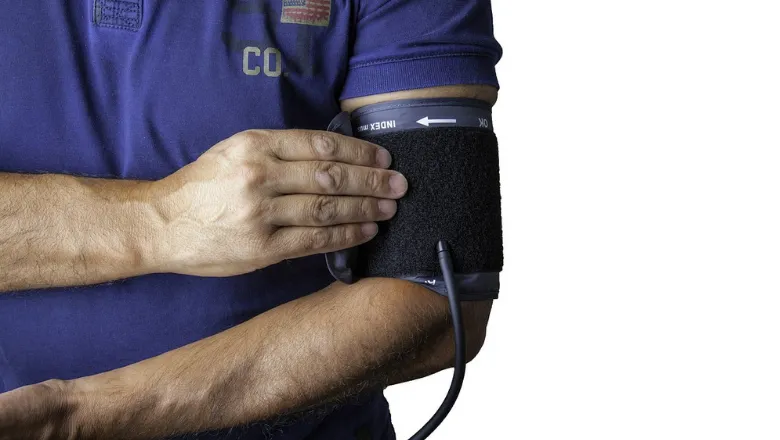
Research

Quantitative Political Economy Research Group
The Quantitative Political Economy research group gathers economists and political scientists that are committed to bridging the two disciplines. The common ground is the study politics and policies with advanced quantitative methods and formal modeling.

Comparative Politics Research Group
The Comparative Politics research group hosts a research agenda based on political institutions, representation and regimes.

Environment and Public Policy
The Environment and Public Policy Group

History and Political Economy Research Group
The History and Political Economy Research Group at King's College London
News
Does exposure to natural disasters change the way people vote?
Exposure to natural disasters has a significant effect on the political choices of the public in the United States as voters become driven by material...

Do first impressions matter in politics?
It’s often said that first impressions are important.

Study maps impact of health shocks on political preferences
Malnutrition before birth or in a child’s early years can have significant and long-terms effects on their health and employment outcomes but does it also...

Study finds wealthy 'more likely to have voted for Brexit'
Wealthier voters were more likely to have voted for Brexit than those of lesser means, according to a new study.

Outstanding contributions celebrated at annual awards
Merriment and excitement filled the air as the School of Politics and Economics Awards ceremony and the end-of-year drinks took place.

Pandemic 'did not influence public attitude to health spending'
The COVID-19 pandemic did not influence the public’s attitude towards health spending in the UK, according to a new study.

